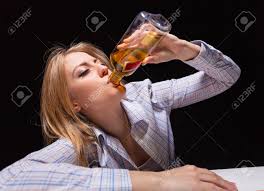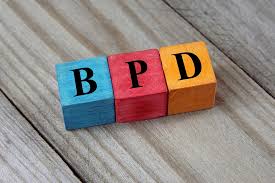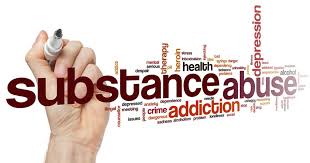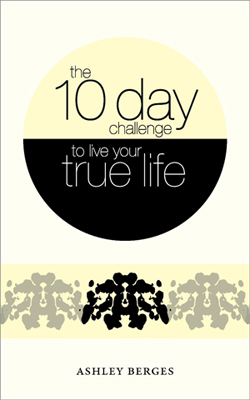Original content by Ashley Berges

It’s time to examine the signs and symptoms of BPD and impulsive risky behaviors, explicitly concentrating on drug and alcohol abuse.
BPD and alcoholism can go hand in hand. The reason for this is when we are dealing with BPD there are extreme emotional changes. There is constant fear, anxiety, depression, and self-harming behavior, to just name a few. It might be comforting to feel as though we are temporarily burying our issues, anxieties, and fears when we engage in various behaviors. It is not a long-term solution, but when dealing with these types of behaviors, outcomes are the furthest things from our minds.
When thinking about drug and alcohol addiction and abuse, we realize that is is something that can help at the moment. It is not a long-term solution, that is why they call it self-medicating.
When it comes to individuals who exhibit the signs and symptoms of BPD, extreme emotional shifts play a significant role in alcohol and drug usage. Many people can have a drug or alcohol addiction, you don’t have to have BPD to have this.
Besides the emotional component that makes drug and alcohol abuse a go-to response for someone who has the signs and symptoms of BPD, there is a physiological element as well. There is a biological situation, it is not just emotional. This is something we need to take into consideration as well.

People can crave alcohol. This craving can stimulate the endogenous opioid system, EOS. This EOS is often under-stimulated in people who have signs and symptoms of BPD. The endogenous opioids and their receptors distribute thought through the nervous system. It regulates pain, emotions, reward, stress responses, motivation, and drug addiction.
What is interesting is that cocaine and opioids act similarly in the EOS, and are the most abused drugs among people who have signs and symptoms of BPD. When someone is drinking a lot, they can have memory and concentration issues. This can then cause more behavioral issues because someone may get angry that they don’t remember things as well as act out and become more impulsive.
Why does someone partake in this behavior? Why is this a common form of self-medication?
The first reason is to escape one’s feelings and emotions. It is easy to numb someone’s emotions with alcohol and drugs. In that moment a person may feel better and feel more in control. They are the ones controlling how much they drink or take of a particular substance.
Another concept is that drugs and alcohol are used to regulate emotions and ease pain. It can be the pain that someone is going through, the pain in their life, or the struggle that they are feeling. In that moment of doing drugs or alcohol that pain can be eased. They are not focusing on their pain or having to deal with it at that moment, even though it is going to come back tenfold. However, in that moment, they feel pretty good.
Control is another important piece of the puzzle. The person feels that they can control how much they drink or how much of a drug they are using. No one can tell them that they cannot do these things. They may feel more in control although alcohol and drugs make us out of control. The fact that they are using it and can do it can make them feel like they are more in control.

There is also a social component to all of this. Being able to interact socially can be made a lot easier when they are not feeling fear, anxiety, or those very strong emotions. Having a few drinks at a social event can take the edge off. Taking some drugs or an opioid will also help calm someone down. This will eliminate the fear, the fight or flight. The person may be able to interact more with people they may normally have not been able to. It will enable them to find more common ground because they are much looser, and not all up in their head.
Finally, there is the entertainment value. Drug and alcohol use can be seen as a ritual. Often people may be doing drugs and drinking alcohol on their own. They may be drinking alone to suppress their feelings, to not feel more alone. If you have that fear of abandonment and the fear of being alone, the more you drink or consume drugs in the moment, the more likely you will not remember that you are alone.
There comes a point where a person hits a wall. Everything comes flooding right back to them. They go and do the drugs and alcohol all over again therefore creating a cycle pattern.
Remember you can drink and do drugs and not have BPD. It is important to remember that although this may help someone feel more in control in the moment, it is not a cure-all. Using drugs and drinking does not work long-term. It is short-term and has strong addiction components. A person wants to feel the same feeling over again and be able to escape the feelings that they don’t to feel.
Watch the entire video here:







